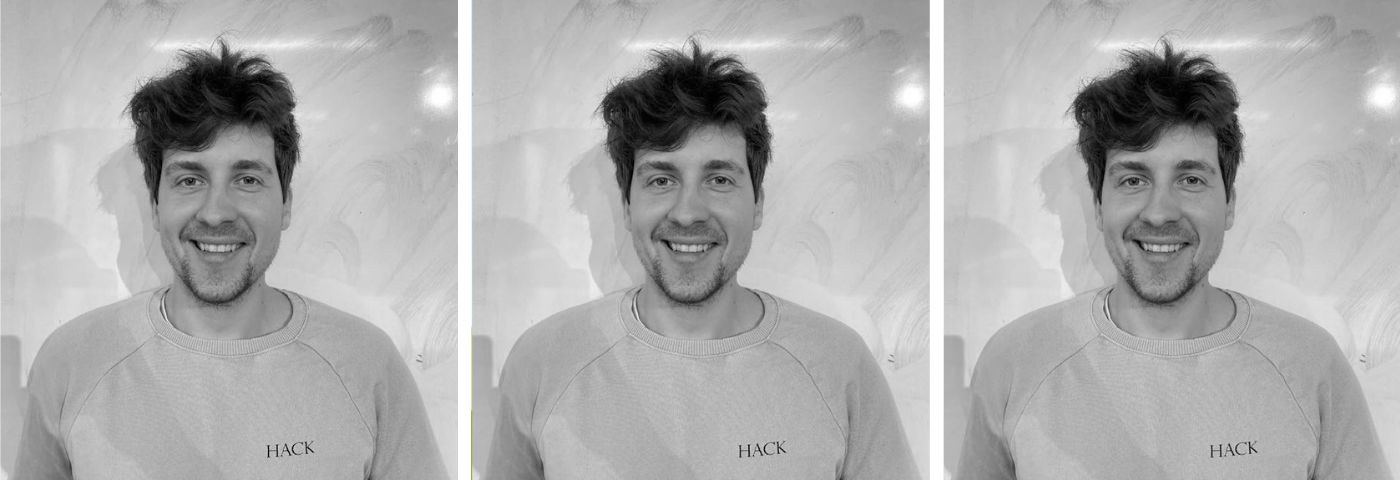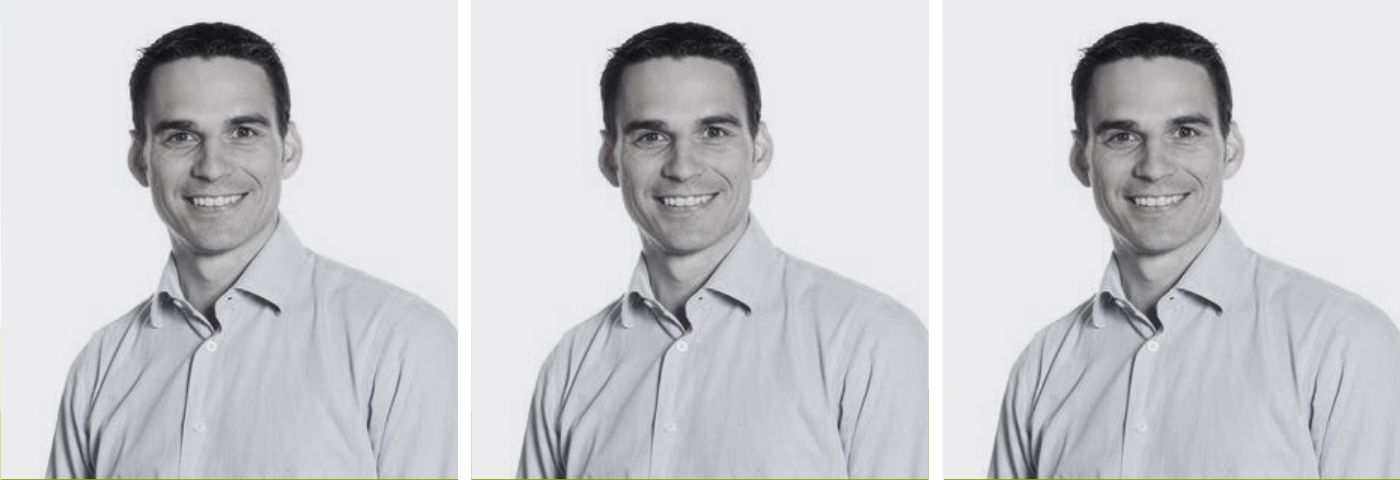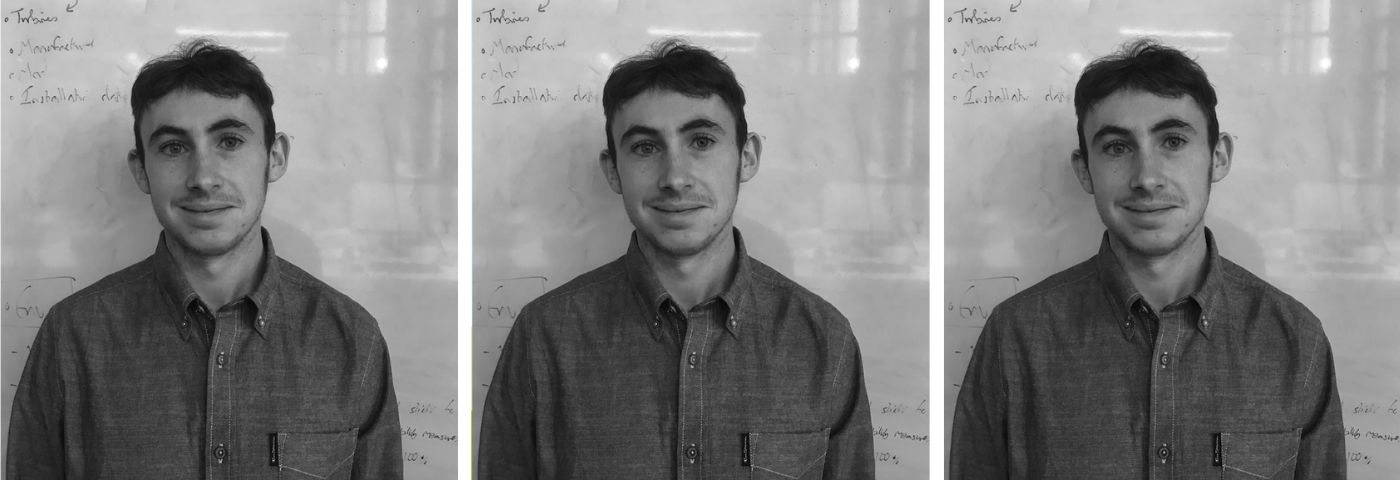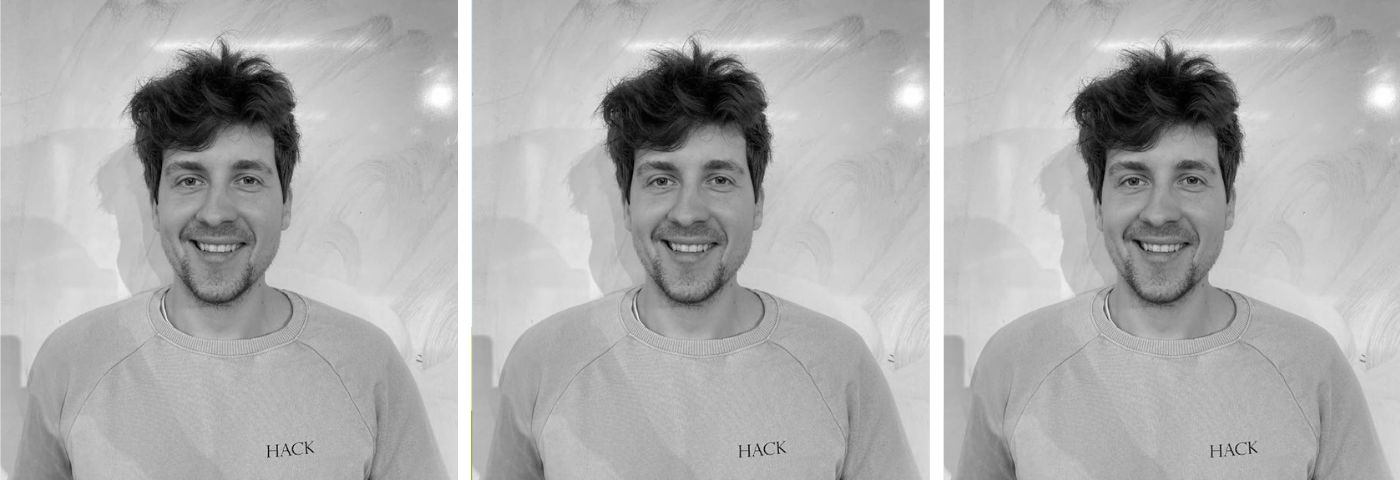What is your role at Ada Mode?
I'm a Senior Software Engineer at Ada Mode! I find myself focused far more on the structural side of programming, working with the infrastructure for project development. When building a full system, you need great logic for how a front facing solution interacts with complex business logic at the backend, which is where a software engineer comes in. However, that really only describes a small part of my role, often a lot of work involves doing things like communicating software design and development to clients, building out plans for long term solution design and a host of other responsibilities!
What does an average day look like for you?
Really, especially working on so many different projects, no day looks the same. There are so many different concepts within software engineering, some days you might spend actually programming and writing code, but in reality, that's only 20% of the actual battle. An average day may involve designing and whiteboarding out an effective solution, reading about the news relating to AI development, creating infrastructure diagrams for communicating effective solutions to stakeholders, or meeting and communicating important software design.
What's your favourite thing about working at Ada Mode?
The variation of work available. I'm not a person who enjoys being stuck within a specific limited space, so the variety of different skills and experience I've built up while working at Ada Mode ends up being really exciting. Within two years, I've been involved with projects ranging from Wind Turbines to large scale industrial decarbonisation proposals, to working on exciting developments in the Nuclear space. The capability to keep up to date on the newest developments by being able to actively work on them has definitely been my favourite part about working here.
Since joining Ada Mode, what has been a memorable project or challenge to work on?
Designing & implementing a rapid development project within 12 weeks. It was a great test of skills, and involved all aspects of development within a short timeframe, from planning, close communication with clients, development & implementation and refining an initial prototype solution, I found the process really interesting. The project itself was a prototype for workforce planning optimization, and I found it really exciting to work out the "aha" moment with the client, being able to see the core improvement that a short rapid development project could provide.
It seems like everyone at Ada Mode shares the same passion for tech. What about AI technology are you most passionate about?
I like to be involved within the whole AI space. I actively speak and talk about the potentials of large language models within projects, like my talk at AI signals earlier last month describing the possibility of MCP server integration within solutions. I think we're in a really exciting era for AI. I'm really excited for the way it may shape our ability to think in deeper levels about problems. Aspects like Large Language Models are really only scratching the surface, and we've unlocked so much potential in being able to think and approach far more abstract problems.
But contrary to some, I don't think AI is the silver bullet for all problems - there's still so many things that we need humans for, which is why I'm passionate about finding a good balance, and working out how we might be able to use AI as a tool to solve more complex issues! I'm especially excited by the capability of open-source AI models; we're seeing a massive rise in projects that can do things like automatically notice deforestation from AI analysis of satellite data in the Amazon, a capability that would seem like science fiction a decade ago. When you get past the surface level capabilities, I think we're seeing so many new potentials emerge.
Where do you see the industry heading in the next 3-5 years?
I think we'll be seeing a great shift within the industry, especially within AI. We're slowly seeing an upper limit hit on the capability of things like large language models, given the predictive nature. I think a core aspect of the next 3-5 years will be the varied introduction of Multi Modal AI Models. We're already slowly seeing it via the introduction of things like live video with Google Gemini, but we're going to be seeing the introduction of learning systems within physical environments. There's definitely going to be a ton of hurdles along the way, but I'm excited to see the developments of models that can analyse the world we live in, and the ability for AI to act and analyse more novel situations.Currently, large language models have an upper limit - they don't perform amazingly when faced with new situations, or creative ways of approaching certain tasks, I think progressively we're going to see a shift via the introduction of techniques like diffusion for text generation, improvement of visual analysis models to allow for aspects like better depth perception, which could improve a plethora of different issues.
What do you enjoy doing when you’re not working?
I really enjoy biking, swimming, and creating different creative technology projects! I currently also volunteer at Gods House Tower regularly for art exhibitions they put on, which is a great local museum. I think I end up getting through about a book a month - usually sci-fi!
What are your top 3 books/podcasts?
- Troy - Stephen Fry
- The Three-Body Problem - Cixin Liu
- I Am In Eskew - David Ward
Jack Sandison said we should ask you about the LLM arms race. So, what is the current state of the LLM landscape and the differences between leading models?
The LLM Landscape is changing every week! I think if I say that a specific model is the best at something, this will probably change within a few days. I like using vellum.ai for comparing current model benchmarks, and keep up to date. Like I mentioned earlier, the current state of large language models is less interesting than the developments within the space. As we saw with Deepseek, the open research integration of things like chain of reasoning helped provide massive jumps within capabilities, and I'm definitely on the look out for the next big step jump in reasoning. From the technology development side, I'm quite interested in how things like Model Context Protocol may be able to help develop the capabilities of AI systems, allowing them to do things like query live data - but we're definitely at an exciting inflection point for where this technology may go in the future.
Finally, who should we speak to next and what should we ask?
Speak to Conor - and ask him about the mathematics behind different AI models!



